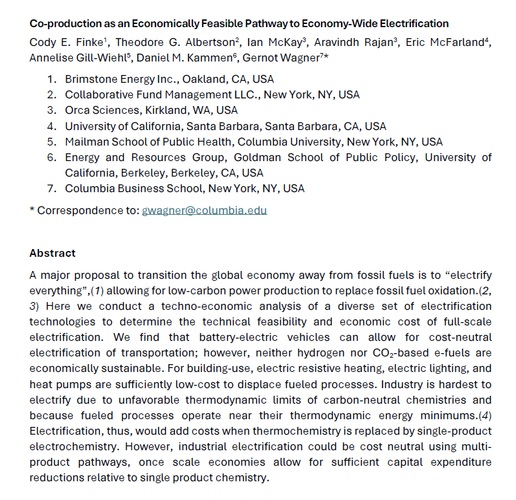Gordon Research Conference
Newry, Maine

Processes and Impacts of Radiation Management Approaches to Climate Change
26 June - 1 July 2022
By deliberately intervening in Earth's radiation budget, climate engineering (or geoengineering) could reduce some of the impacts of climate change. Possible methods include (but are not limited to) stratospheric aerosol addition or marine cloud brightening, both of which would reflect some sunlight back to space, or cirrus cloud thinning to increase outgoing longwave radiation. This conference focuses on better understanding the processes and impacts associated with radiation management. This includes processes specific to individual methods, the projected climate response and its uncertainties, and the impacts, including those in the developing world, as well as the engineering aspects and the design of research to address risk.
Wednesday, 29 June 2022
9:00 am - 12:30 pm
Climate Impacts
This broad session will consider the influence on a few different but critical impacts, from economics, to ecosystems, to agriculture.
Discussion Leader: Daniel Schrag (Harvard University, USA)
| 9:10 am - 9:45 am |
Gernot Wagner (New York University, USA)
"Solar Geoengineering Impacts on Mitigation and Beyond" |
| 9:45 am - 9:55 am |
Discussion
|
| 9:55 am - 10:25 am |
Coffee Break
|
| 10:25 am - 11:00 am |
Jonathan Proctor (Harvard University, USA)
"Empirical Estimates of the Agricultural Response to Changes in Atmospheric Opacity" |
| 11:00 am - 11:10 am |
Discussion
|
| 11:10 am - 11:45 am |
Jessica Gurevitch (Stony Brook University, USA)
"What Impacts Would SAI Have on Ecology: What We need to Know" |
| 11:45 am - 11:55 am |
Discussion
|
| 11:55 am - 12:15 pm |
General Discussion
|

